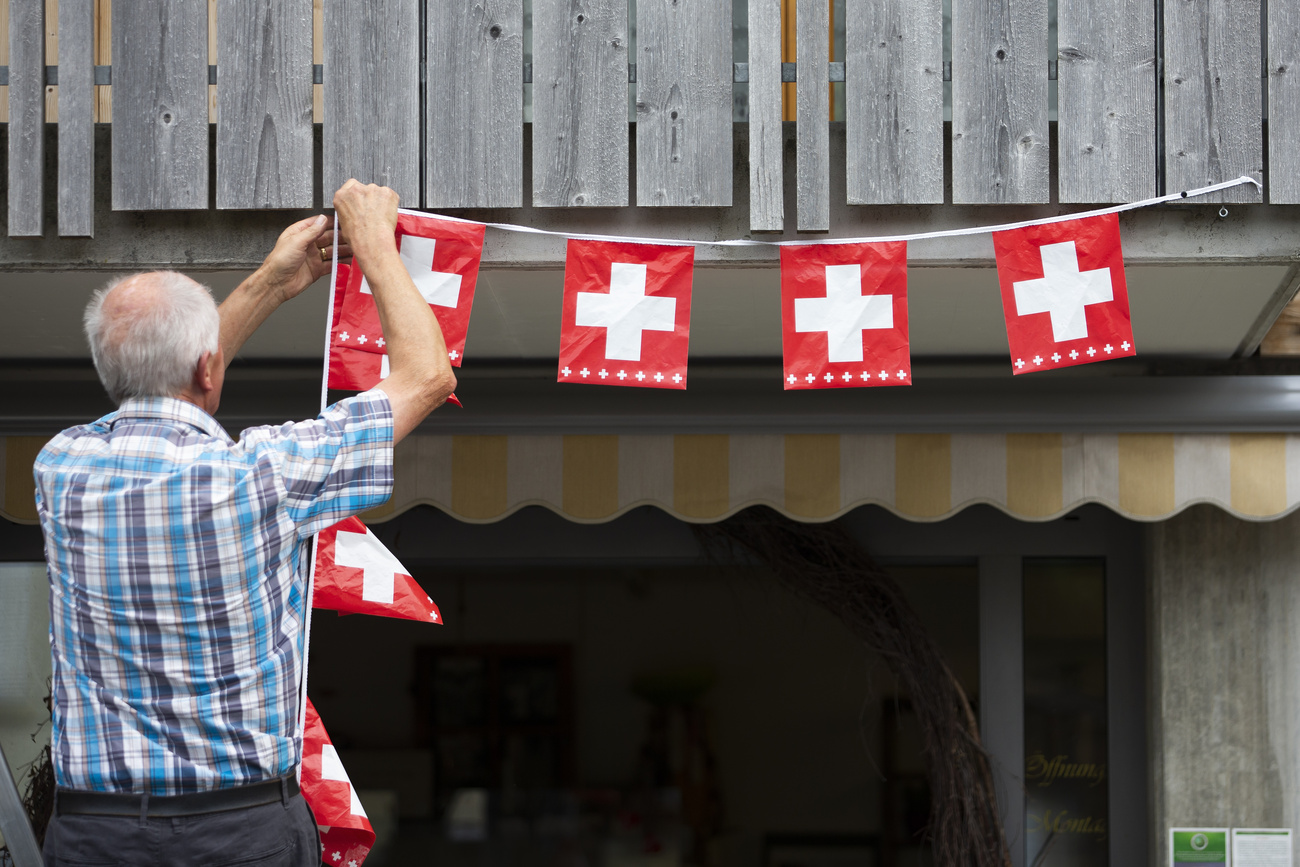
Greens push for sustainable economy

A proposal to drastically reduce Switzerland’s carbon footprint by 2050 is one step closer to being put to a nationwide vote, with more than 110,000 signatures submitted to the Federal Chancellery just two days before a deadline ran out.
The Green Party formally submitted its “green economy” initiative in the capital, Bern, on Thursday.
It seeks to reduce Switzerland’s carbon footprint to a “single Earth” by 2050, compared with the three Earths’ worth of resources that the world would currently use up every year if everyone on the planet lived like the Swiss.
The initiative also wants to include resource efficiency and sustainability in the country’s constitution and calls on the government to set smaller goals along the way to cutting the country’s carbon footprint by two-thirds.
If those goals are not met, according to the initiative, the government should take specific intervention measures such as encouraging research and innovation, adopting new product regulations and implementing tax policies tied to the use of natural resources.
Green Party co-president and parliamentarian Regula Rytz said the effort to gather the requisite signatures was led by the party itself, without help from outside professionals. Members gathered about 25,000 signatures through canvassing efforts at festivals and on the streets in the past three weeks.
Parliament still has to discuss the proposal before a date is set for a nationwide ballot.
The Green Party says it has also gathered 125,000 signatures for an initiative to shut down Switzerland’s nuclear plants by 2029, which it plans to submit to the authorities in November.

In compliance with the JTI standards
More: SWI swissinfo.ch certified by the Journalism Trust Initiative
















![The four-metre-long painting "Sonntag der Bergbauern" [Sunday of the Mountain Farmers, 1923-24/26] had to be removed by a crane from the German Chancellery in Berlin for the exhibition in Bern.](https://www.swissinfo.ch/content/wp-content/uploads/sites/13/2025/12/01_Pressebild_KirchnerxKirchner.jpg?ver=a45b19f3)











You can find an overview of ongoing debates with our journalists here . Please join us!
If you want to start a conversation about a topic raised in this article or want to report factual errors, email us at english@swissinfo.ch.